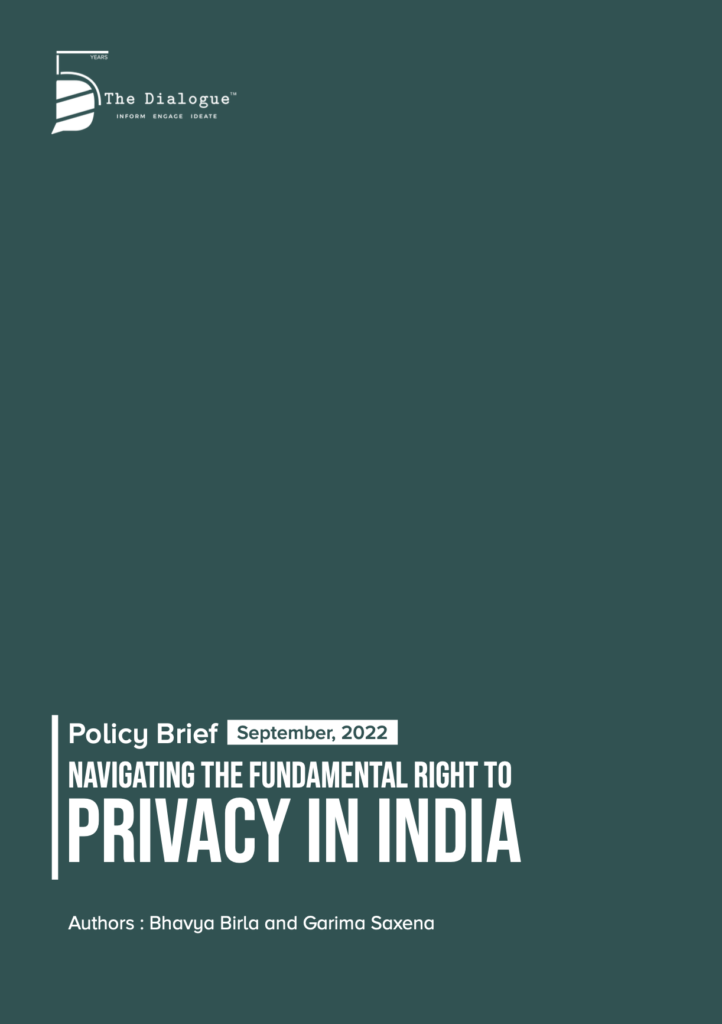The Supreme Court’s ruling in the Justice K.S. Puttaswamy v. Union of India & Ors case marked a pivotal moment in India’s privacy jurisprudence, affirming the right to privacy as a fundamental right under Article 21 of the Constitution. The judgment addressed various aspects of privacy, including informational privacy, decisional autonomy, surveillance, and data protection, especially in the context of the Aadhaar project and the Aadhaar Act, 2016. It also established important data protection principles like consent, collection limitation, purpose limitation, access, and erasure. Furthermore, the Puttaswamy ruling set a precedent for subsequent cases involving privacy and related rights, guiding the Supreme Court and other high courts in shaping jurisprudence. This brief focuses on analyzing the development of data subject rights in India’s legal landscape by examining how these principles have been interpreted and applied in court cases, with an eye toward future data regulatory frameworks. It also offers recommendations based on the Puttaswamy mandate and global best practices.
Authored by: Bhavya Birla and Garima Saxena

